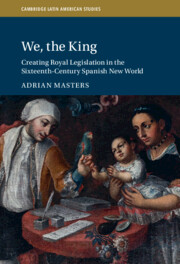What precipitated the 2003–06 “high tide” of petitioning Beijing and why did the tide wane? Interviews and archival sources suggest that a marked increase in petitioners coming to the capital was at least in part a response to encouraging signals that emerged when Hu Jintao and Wen Jiabao adopted a more populist leadership style. Because the presence of tens of thousands of petitioners helped expose policy failures of the previous leadership team, the Hu-Wen leadership appeared reasonably accommodating when petitioners arrived en masse in Beijing. Soon, however, the authorities shifted towards control and suppression, partly because frustrated petitioners employed disruptive tactics to draw attention from the Centre. In response to pressure from above, local authorities, especially county leaders, turned to coercion to contain assertive petitioners and used bribery to coax officials in the State Bureau of Letters and Visits to delete petition registrations. The high tide receded in late 2006 and was largely over by 2008. This article suggests that a high tide is more likely after a central leadership change, especially if a populist programme strikes a chord with the population and elite turnover augments confidence in the Centre and heightens expectations that it will be responsive to popular demands.

